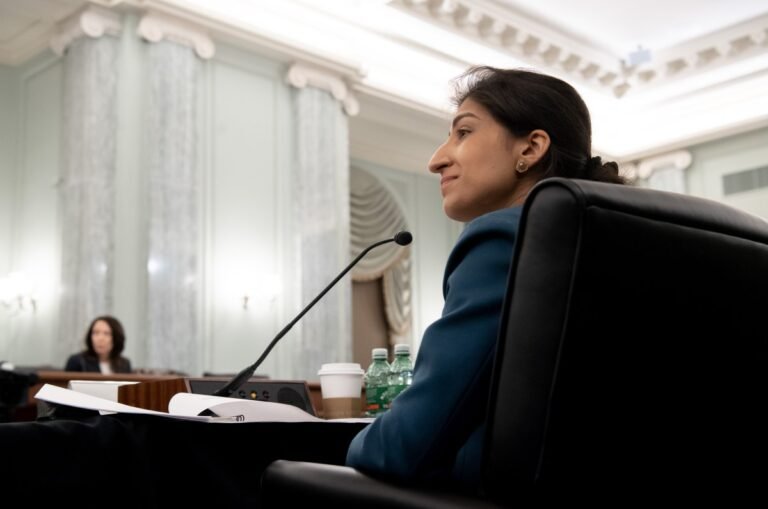
The U.S. Federal Trade Commission is focusing its efforts on going after Big Tech, according to FTC Chair Lina Khan, who spoke at TechCrunch’s Strictly VC event in Washington, D.C., on Tuesday.
Khan said the agency is focused on going after the players that are doing the biggest harm, as opposed to just increasing the number of cases that it brings forward.
“One thing that’s been important for me is to make sure that we’re actually looking at where we see the biggest harm,” Khan said.
The FTC and the Department of Justice have struck a deal to investigate Microsoft, Open AI and Nvidia over potential antitrust violations, according to The New York Times.
The types of cases that the FTC selects can act as a deterrent, she said, noting that the FTC is already seeing that happen.
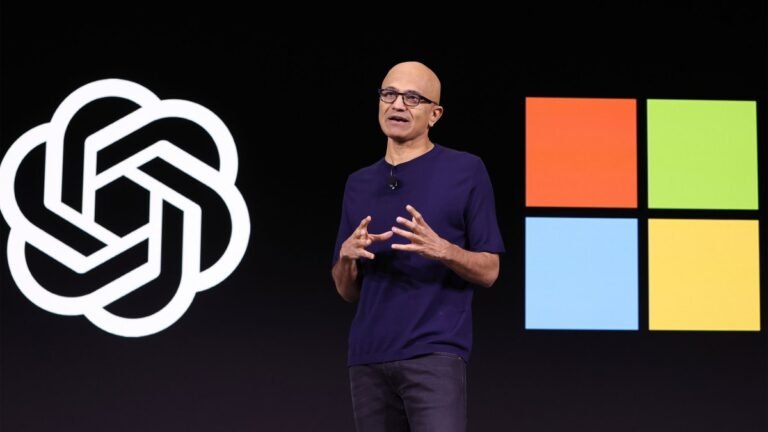
The U.K.’s competition watchdog has sounded a warning over Big Tech’s entrenching grip on the advanced AI market, with CEO Sarah Cardell expressing “real concerns” over how the sector is developing.
She said it’s important that competition enforcers don’t repeat the same mistakes with this next generation of digital development.
But for now the CMA has not gone that far, despite clear and growing concerns about cozy GAMMA GenAI ties.
“It may be that some arrangements falling outside the merger rules are problematic, even if not ultimately remediable through merger control.
(The short version of what it wants to see is: accountablity; access; diversity; choice; flexibility; fair dealing; and transparency.)

Your cut out & keep guide to Big Tech talking points in a new age of antitrust With regulatory risk soaring, platforms are in lobbying overdrive.
We cut to the chase with a no-nonsense glossary of Big Tech’s top whines…As the likes of Amazon, Apple, Google, Meta, Microsoft and TikTok face unprecedented (yes, actually!)
But there’s an even greater nightmare for Big Tech: The break-up of established empires may be on the cards.
This may explain why some of the defensive claims put out in response to dialled-up regulatory attention are so familiar.
“why am I seeing this ad?”because we tracked you“why are we doing this?”to keep tracking you for 🤑“publicly available information”stuff we stole
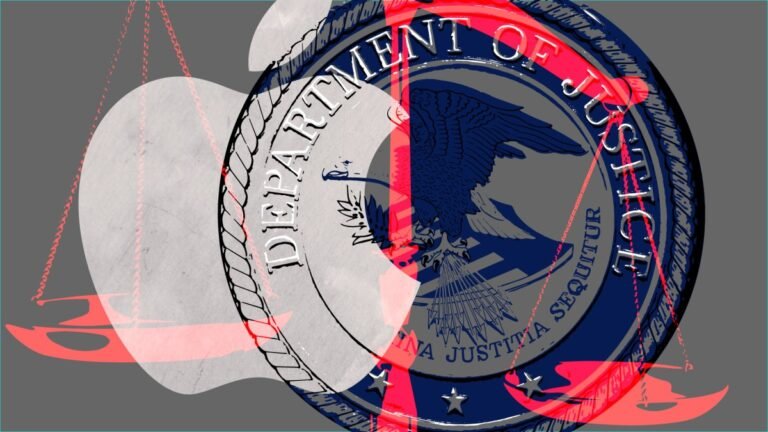
Apple’s iPhone antitrust lawsuit: Everything we know so far on the DOJ’s case U.S. regulators are accusing Apple of operating like a monopoly, and the implications of the case stretch far beyond iOS and iPhones themselvesApple’s antitrust scrutiny has reached a fever pitch.
We’ll be updating this page as the Apple antitrust case evolves, but keep in mind that there will be little settled in the short term.
The DOJ’s claims against AppleIf you want to dive into legal docs immediately, you can read the DOJ’s lawsuit right here.
The DOJ’s antitrust case against Google, which was filed back in 2020, went to trial last year and could still take a couple more years to reach a conclusion.
For more on Apple’s antitrust lawsuit, check here:
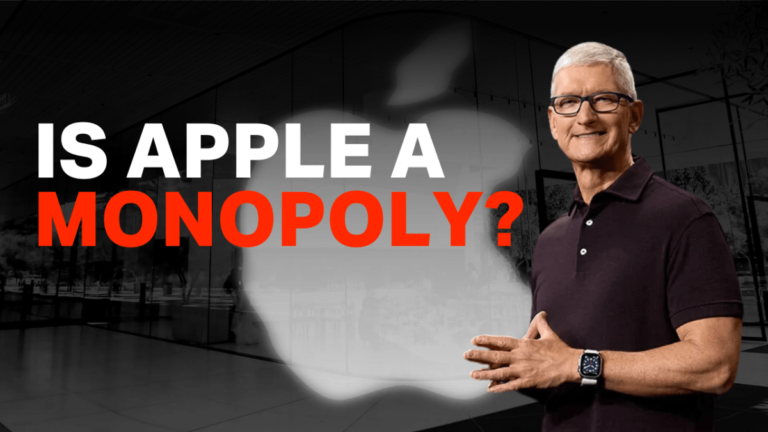
The U.S. Department of Justice is suing Apple over allegedly monopolistic smartphone practices.
The federal agency is not alone in the matter, bringing 15 states and the District of Columbia into the mix as well.
Regulators and tech companies, name a more iconic duo.
But as we’re about to see with Apple, big tech companies are not going to go down without a fight.
For more on Apple’s antitrust lawsuit, check here:
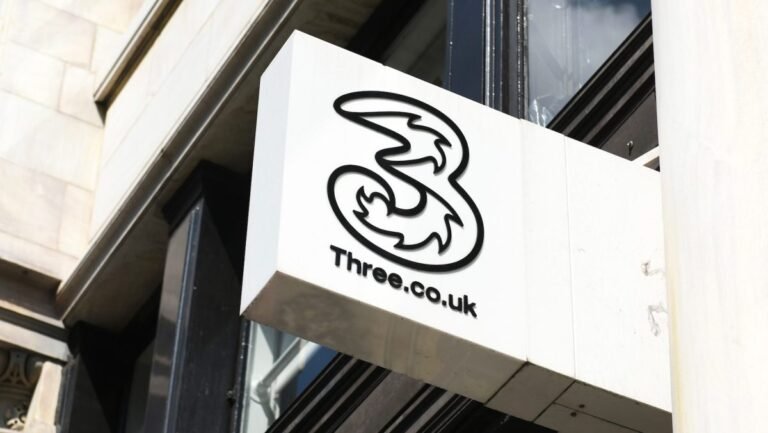
The U.K.’s Competition and Markets Authority (CMA) has confirmed that it’s launching a formal “phase 2” investigation into the planned merger between Vodafone and Three UK.
The CMA says that the deal could lead to higher prices for consumers, while also impact future infrastructure investments.
However, the CMA has given both parties a token five working days to address its concerns with “meaningful solutions” before it formally progresses the investigation.
Such a scenario is precisely why the U.K. introduced the National Security and Investment Act back in 2022, with previous form in blocking deals between U.K. entities and Chinese companies.
“This case has more moving parts than the CMA’s other recent big decisions, and is arguably more important for the U.K. economy,” Smith said.

Meanwhile, Fortnite maker Epic Games has been accusing Apple’s iOS App Store of antitrust violations for years in an ongoing, arduous legal battle.
“Apple often enforces its App Store rules arbitrarily,” the suit says.
And unlike Android devices, iPhones do not allow for sideloading apps, meaning that Apple has control over any app in its App Store.
“While Apple has reduced the tax it collects from a subset of developers, Apple still extracts 30 percent from many app makers,” the suit says.
On Thursday, the Coalition for App Fairness (CAF) – which includes Epic Games, Spotify, Deezer, Proton and other companies – released a statement in favor of the DOJ’s action against Apple.

India’s antitrust regulator has ordered an investigation into Alphabet’s Google, alleging the U.S. tech giant abused its dominant position in the country’s online market by imposing unfair terms and discriminatory practices in its popular app store.
The order came in response to complaint filed by multiple Indian app developers and industry groups, many of whom have also publicly raised concerns about what they allege is unfair practices by Google.
CCI’s allegations centre around Google’s billing system for in-app purchases and paid apps on its Play Store.
The watchdog’s decision is the latest headache for Google in India, its biggest market by users but one where it has long faced allegations of anti-competitive practices.
The U.S. giant has previously defended its Play Store policies, saying the service fee supports its investments in Android and Play Store, allowing it to provide developers with tools and a global platform to access billions of consumers around the world.
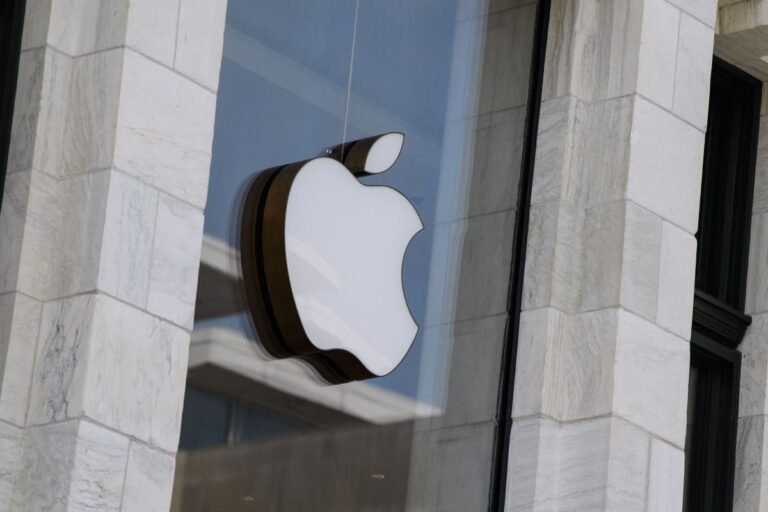
Apple says it plans to appeal the historic €1.84 billion fine issued today by the European Commission over Apple’s anticompetitive practices in the streaming music market.
Apple again stressed that Spotify pays Apple nothing in terms of App Store commissions because it sells its subscriptions only on Apple’s website.
“They want to use Apple’s tools and technologies, distribute on the App Store, and benefit from the trust we’ve built with users — and to pay Apple nothing for it,” Apple says.
“In short, Spotify wants more.”Apple says that while it respects the European Commission, the facts don’t support the decision, and ” as a result, Apple will appeal.”“Every day, teams at Apple work to keep that dream alive,” Apple wrote.
“We do it by making the App Store the safest and best experience for our users.
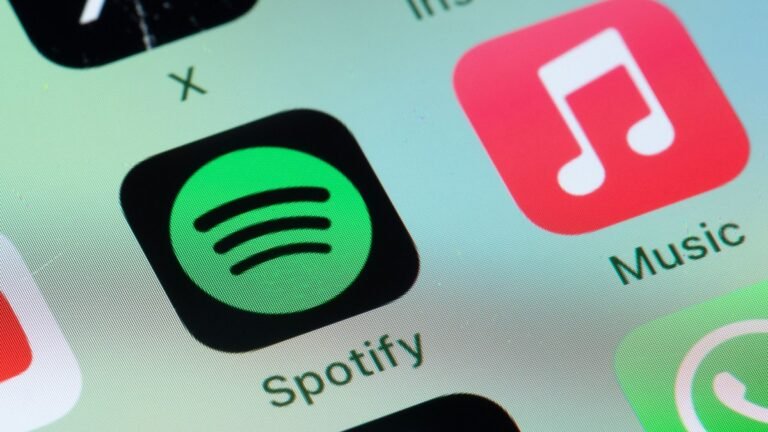
Despite the EC ruling favoring Spotify and other streamers over Apple, the company was still cautious about how Apple would proceed.
So we’re looking forward to the next steps that will hopefully clearly and conclusively address Apple’s long-standing unfair practices,” Spotify wrote.
In 2019, Spotify first filed its antitrust complaint against the tech giant, which later led to the EU’s formal investigation of Apple’s App Store announced in 2020.
In April of the following year, the EU issued a statement of objections, accusing Apple of distorting competition in the market for streaming services.
And it noted that Spotify had a 56% share of the music streaming market in Europe, compared with Apple Music’s 11% share.













